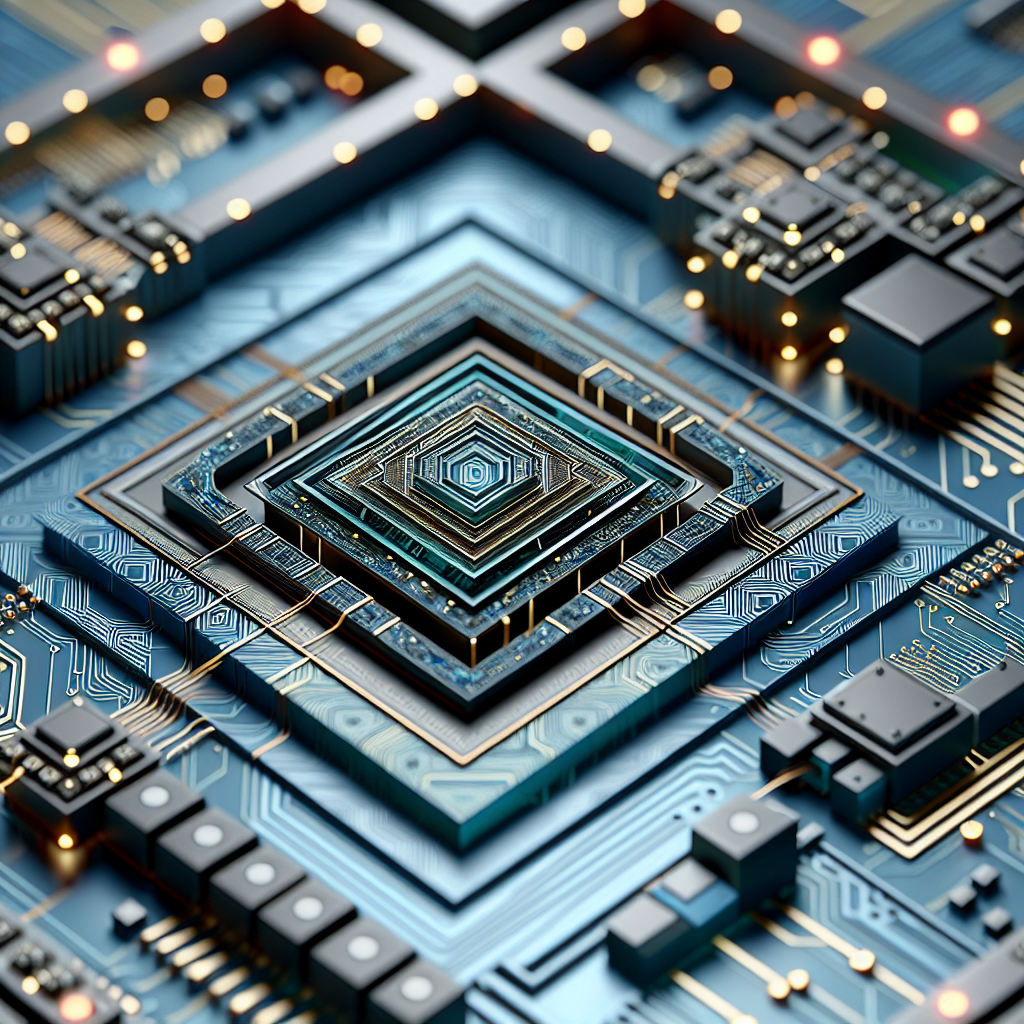Semiconductors play a crucial role in modern electronics, serving as the foundation for the technology we use every day. From smartphones and laptops to televisions and cars, semiconductors are integral to powering these devices and enabling them to function efficiently.
So, what exactly are semiconductors and how do they work? Semiconductors are materials that have properties that fall between those of insulators and conductors. Unlike insulators, which do not conduct electricity, and conductors, which conduct electricity easily, semiconductors can be manipulated to either conduct or insulate electricity, making them ideal for use in electronic devices.
One of the key components of semiconductors is the transistor, which acts as a switch to control the flow of electricity. Transistors are made up of three layers of semiconductor material – one layer with an excess of electrons (n-type), one layer with a deficiency of electrons (p-type), and one layer in between (the base). By applying a small voltage to the base, the transistor can be turned on or off, allowing for the control of the flow of electricity through the device.
Semiconductors are also used to create diodes, which are components that allow electricity to flow in only one direction. This is essential for regulating the flow of electricity in circuits and protecting electronic devices from damage caused by reverse current.
In addition to transistors and diodes, semiconductors are used in a variety of other electronic components, such as integrated circuits (ICs) and microprocessors. These components are essential for processing, storing, and transmitting data in electronic devices, making them an indispensable part of modern technology.
The development of semiconductors has played a significant role in the advancement of electronics over the past few decades. With the ability to create smaller, faster, and more efficient devices, semiconductors have revolutionized the way we live and work.
In conclusion, semiconductors are the building blocks of modern electronics, enabling the development of advanced technologies that power our everyday lives. Understanding the role of semiconductors in electronics is essential for anyone interested in the field of technology, as these components are at the heart of the devices we use on a daily basis.
